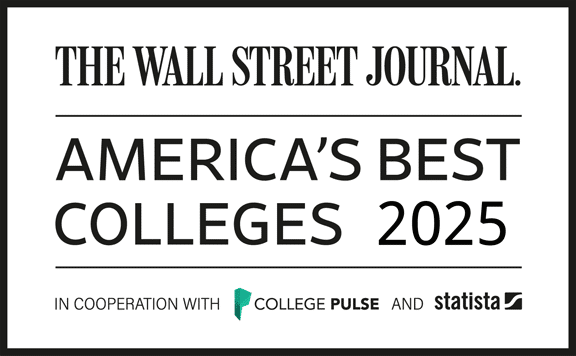Master of
Business Administration (MBA)
Online
REQUEST INFORMATION
Loading...

100% Online
Transfer Friendly
Transfer up to 75% of your program credits
Transfer up to 75% of your program credits
Lead and Inspire with a Future-Ready MBA Online Degree
Offered 100% online, Cornerstone University’s Master of Business Administration degree helps you cultivate essential capabilities that lead businesses and people to grow into the future. With a focus on decision-making and creating solutions, courses are taught from a Christian worldview by faculty experts who understand today’s real-world applications and challenges. Select a concentration that fits your goals, including: Finance, Health Care, Human Resource Leadership, Strategic Marketing, Project Management, and Sport Management. Lead, grow and inspire others with Christ-centered impact.
Influential Careers with a Master’s in Business Administration (MBA) Degree
- Business Consultant
- Marketing Director
- Operations Manager
- Health Care Administrator
- Project Manager
- Sport Operations Manager
- Senior Financial/Price Analyst
- Senior Human Resources Manager
Your Next Steps
Take your next step toward learning at one of the most affordable Christian universities in the nation.
- Submit your free application.
No GRE or GMAT required. - Submit your transcripts.
Request your undergraduate transcripts directly from the institution. A completed bachelor’s degree with a minimum 2.7 GPA from an accredited institution is required. - Schedule an Appointment.
Your admissions counselor is here to guide you. Call us at 616.426.9924.










